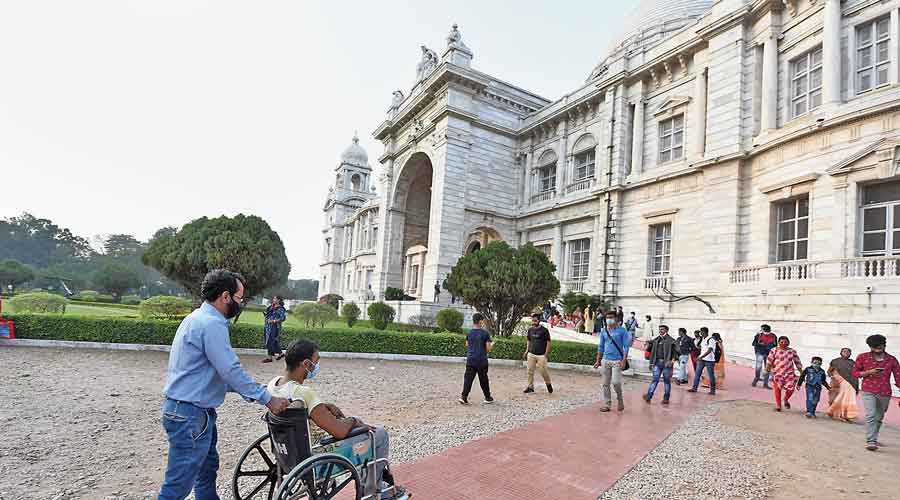The road to inclusion is often long and winding. India has undertaken legal measures to empower the differently abled in the past few years: the enactment of the Rights of Persons with Disabilities Act in 2016 is one example. But a revised, comprehensive strategy that would address current needs and challenges is long overdue. The Indian population of PwDs is estimated to be roughly 3 crore. Among them, 1.3 crore are employable. But data show that only 34 lakh PwDs are employed across different sectors. Alarmingly, only 5 per cent of them are graduates. The figures suggest that the implementation of the provisions of the RPwD Act have been tardy in the spheres of employment and education. There are other policy failures. The Centre launched the Accessible India campaign in 2015 to create a barrier-free environment to grant accessibility to public resources and dignified living for this constituency. But a recent report illustrated that a meagre 8 per cent of public buses are partially accessible to the differently-abled, while only 48 per cent of government buildings are such. A 2020 RTI report revealed that about 19 states do not even have dedicated toilets for the disabled community. Accessibility to crucial amenities — a civil right — remains a pipe dream evidently.
Hearteningly, the recently-released draft national policy attempts to address several of these pressing concerns. It envisions a dynamic database that will provide information on a real-time basis. It also identifies areas of intervention and reiterates the government’s commitment to institutional mechanisms. The intentions are noble but this is not to say that the draft is water-tight given several glaring omissions. Article 29 of the United Nations Convention on the Rights of Persons with Disabilities — India is a signatory — mandates political representation, something that the draft policy fails to take cognisance of. Further, it fails to plug the deficiencies in the public procurement laws that are necessary to augment disabled-friendly infrastructure. Additional budgetary allocation of 25 per cent has remained unaddressed as well. These lapses reveal an old malaise: the refusal of successive governments to move past rhetoric and work towards an integrated approach. Regular audits and periodic inspections of infrastructure, public outreach programmes, and the creation of a greater number of disabled-friendly organisations must be encouraged to make the principle of empowerment truly representative.











